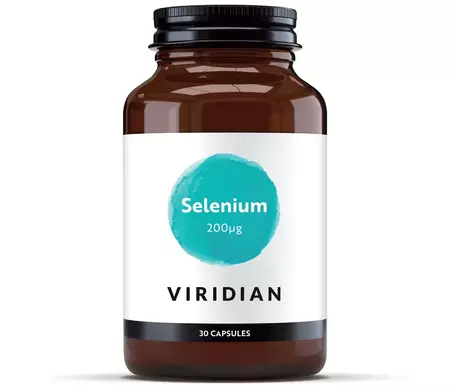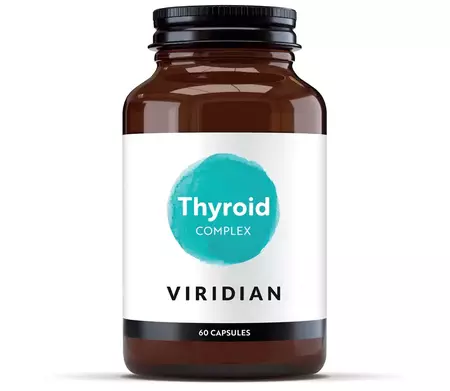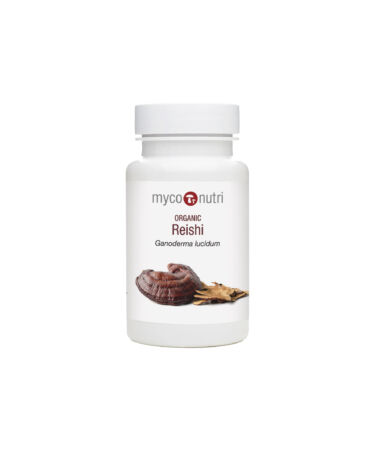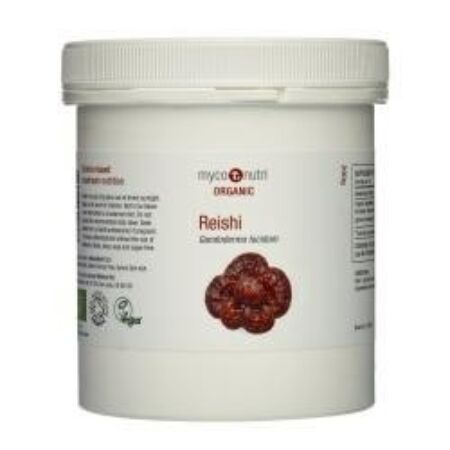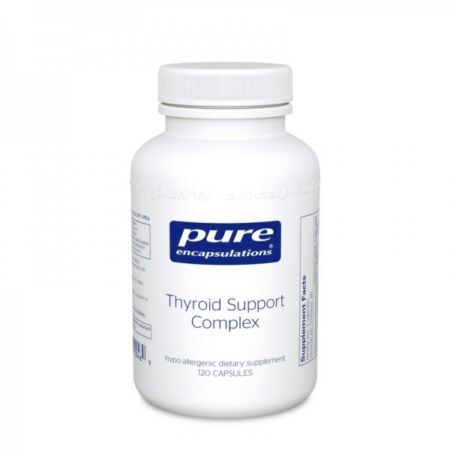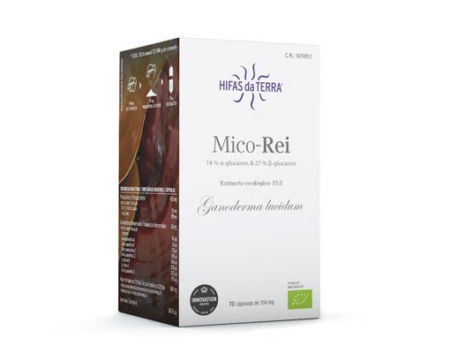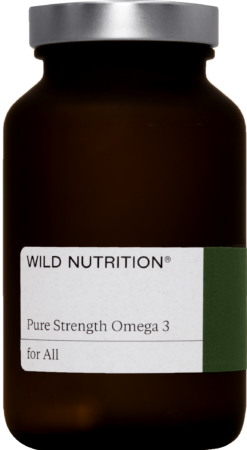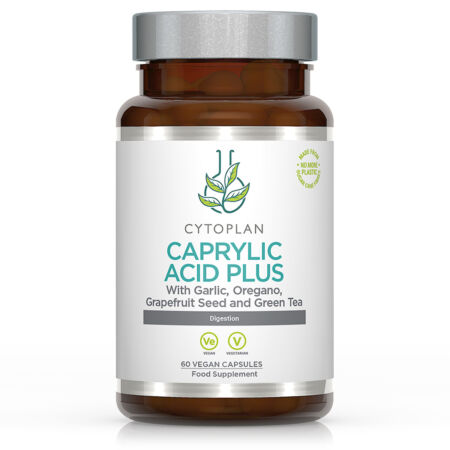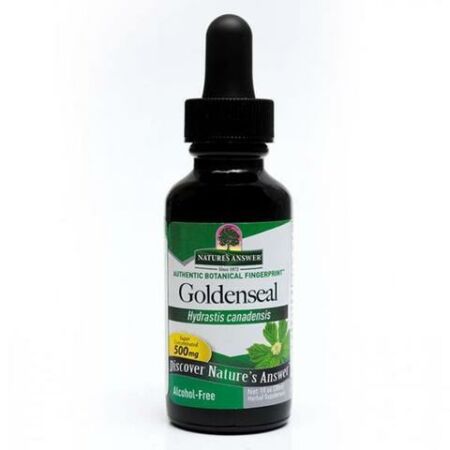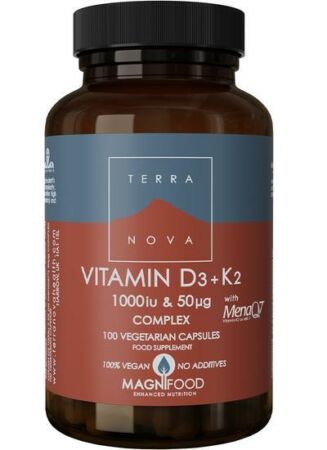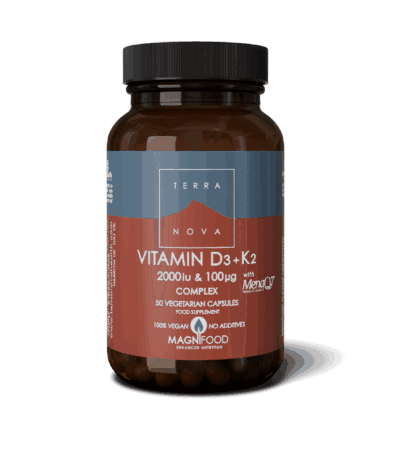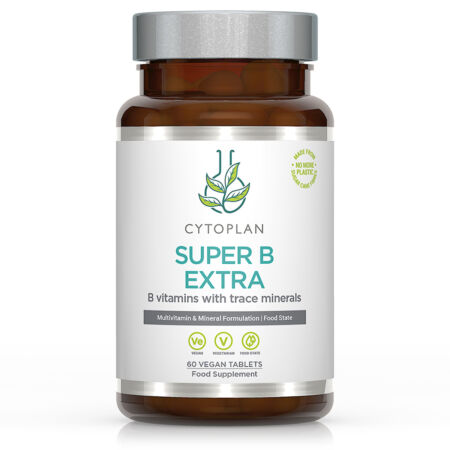SHOP BY
PRODUCT
SHOP BY
CONCERN
Vitamins
Multi Vitamins Antioxidants Vitamin A Vitamin B Vitamin C Vitamin D Vitamin E Vitamin K Folic Acid Co-Enzymes Specialist Formulas Teenage Baby & ChildSkin Nutrition
Beauty Blends Anti-Pollution Antioxidants Biotin Collagen Green Blends Hydration MSM Omegas Sun ProtectionMushrooms
Multi Mushrooms Agaricus Antrodia Camphorata Chaga Cordyceps Coriolus Lions Mane Maitake Mesima Oyster Polyporus Reishi Shiitake Snow Fungus Wood Ear Honey MushroomProtein & Aminos
Protein Powders Amino Acids L-Carnitine L-Glutamine L-Lysine L-Theanine L-Tryptophan
SHOP BY
PRODUCT
SHOP BY
CONCERN
Face
Cleanse Tone & Mist Day Cream Night Cream Eyes Exfoliate Face Serum & Oil Masks & Treatments Facial Tanning Lip Care Neck TeenageBody
Wash Moisturise Bath Soak & Salts Body Scrub Perfume & Scent Hands Legs & Feet Suncare & Tanning Deodorants Tooth & Oral Care Cellulite Magnesium Cream/Oil Muscle Rub Pregnancy-
Wellness
Wellness
- Adrenal Health
- Anti-Fungal
- Anti-Inflammatory
- Babies & Children
- Blood Sugar Balance
- Bone Health
- Brain Health
- Cardiovascular
- Cholesterol
- Cleanse
- Colds & Flu
- Digestive & Gut
- Energy
- Eye Health
- Female
- Fertility & Pregnancy
- Hayfever & Allergies
- Hormonal
- Immune
- Joints
- Liver Support
- Lymphatic
- Male
- Mood
- Nervous System Health
- Oral Health
- Respiratory
- Skin, Hair & Nails
- Sleep
- Sports
- Stress & Anxiety
- Teenage
- Thyroid Health
- Urinary
- Weight Management
- Beauty
- Lifestyle
-
Brands
Brands
- A Vogel
- Abloom
- AEOS
- Allicin
- Alter/Native Soaps
- Ancient & Brave
- Antipodes
- Aqua Oleum
- Australian Bush Flowe
- Bare Biology
- Bathing Beauty
- Ben & Anna
- Bio-Health
- Biona
- BioSun
- Botanico Vida
- Castorvida
- Caudalie
- Cytoplan
- de Mamiel
- Dirtea
- Dr. Bronners
- Dr. Hauschka
- Dr. Schulze
- Eco By Sonya
- Energy Dots
- Enzymedica
- Erbenobili
- Erbology
- Eskimo
- Fill
- Flaska
- Friendly Soap
- Georganics
- Giovanni
- Green People
- Haughton Honey
- Health Factory
- Helios
- Herbowski
- Herbs Hands Healing
- Hifas da Terra
- Honore Des Pres
- Hurraw
- Ila Spa
- Jack 'n' Jill
- John Masters
- Kiki Health
- Kure Bazaar
- Living Nutrition
- Malaya Organics
- Miscellaneous
- Moa
- Mungo Murphy
- Mushrooms 4 Life
- Myconutri
- Natures Answer
- NEOM Organics
- Olverum
- Organic Pharmacy
- Organii
- OSI
- Oskia
- Pana Chocolate
- Phytality
- Phyto Nectars
- Planet Paleo
- PLAYin Choc
- Pukka
- Pure Encapsulations
- Radius Toothcare
- Raise + Replenish
- Raw Chocolate Co
- RMS Beauty
- Salt & Stone
- Skär Organics
- Speick
- Sun Chlorella
- Sun Warrior
- Supernova
- Teaspec
- Terranova
- The Beauty Chef
- Therapy Bath Salts
- Therapy Bespoke Teas
- Therapy Gift Boxes
- Truthbrush
- Viridian
- Weleda
- Wheatbag Company
- Wild Nutrition
- Wilder Botanicals
- YourGut
- Z Gel
- Gifts
- Sale
- Nutrition
- Treatments
- Therapedia
- Ingredients
0





